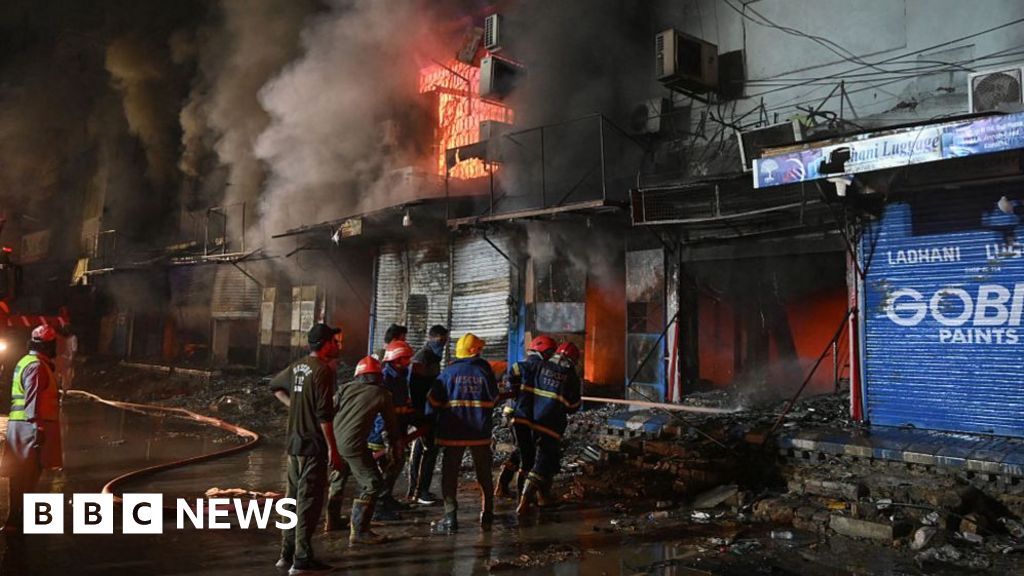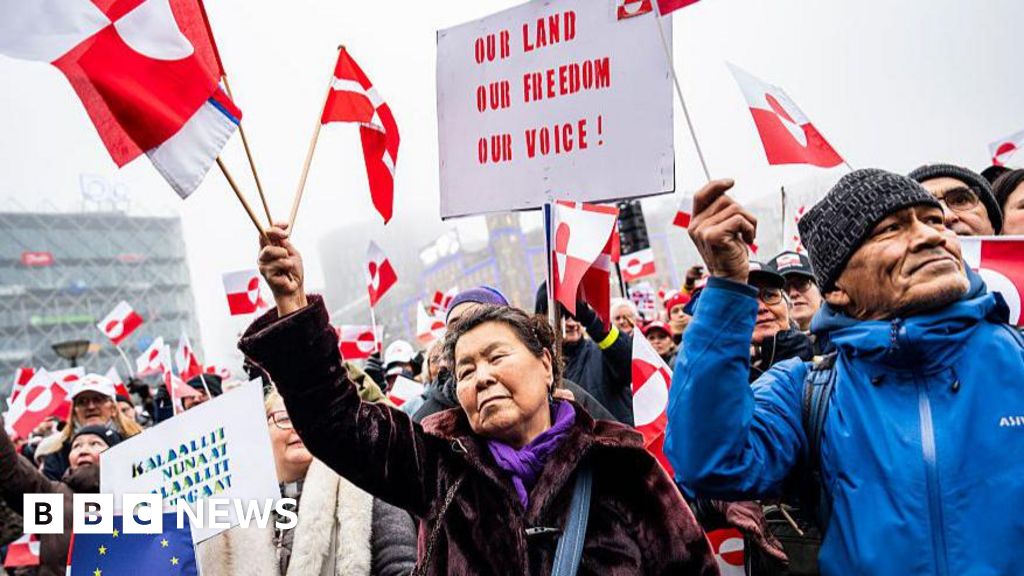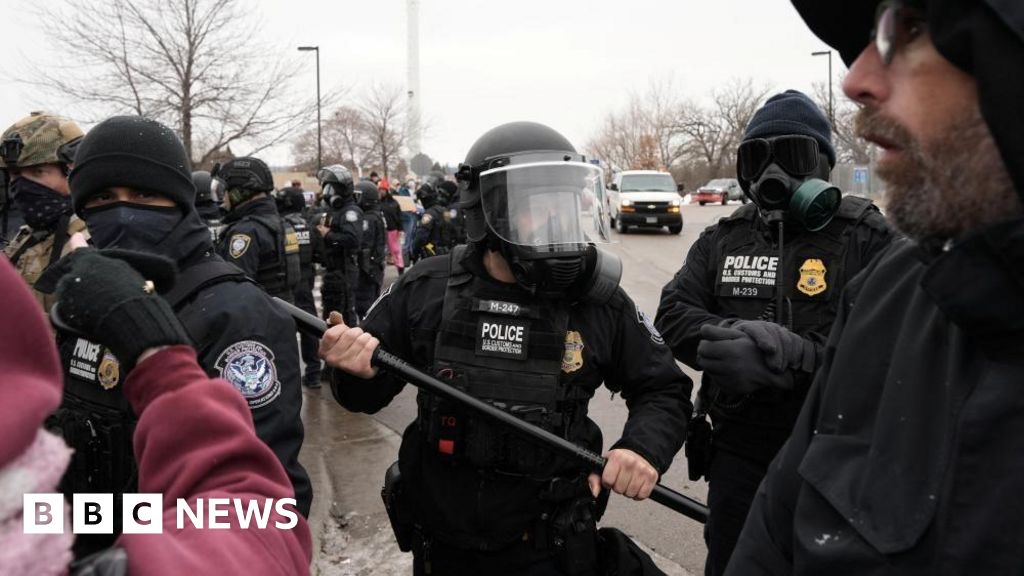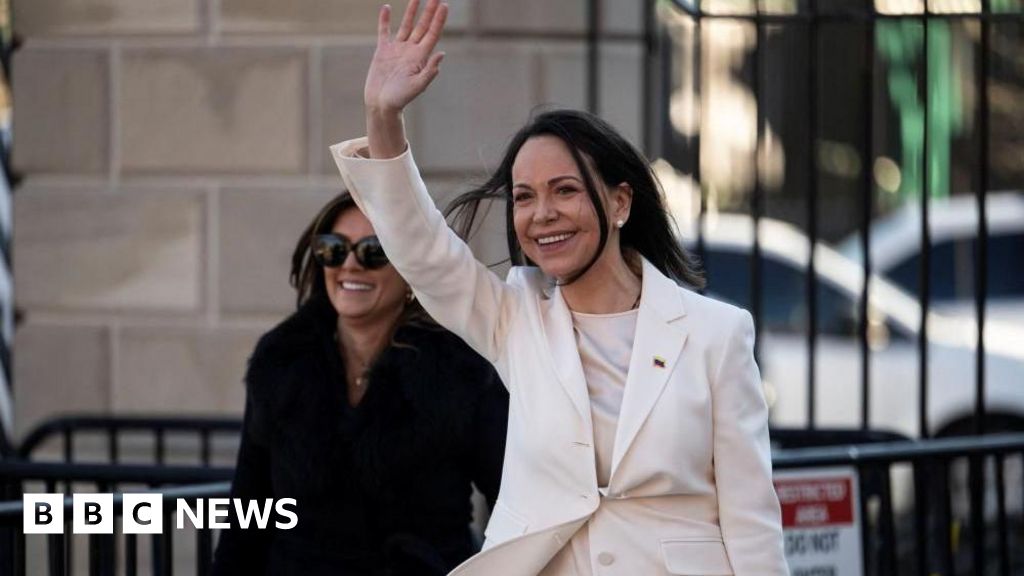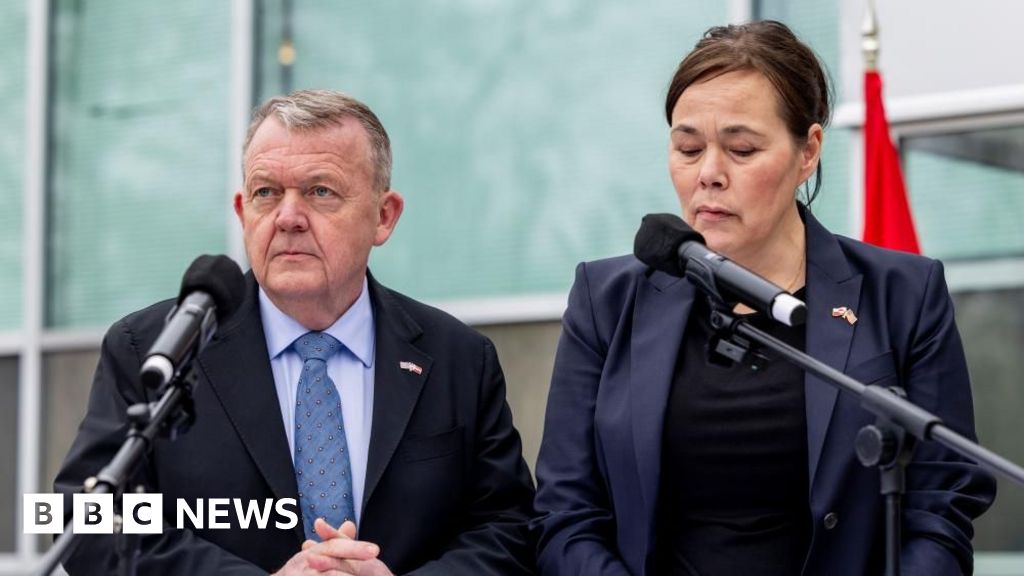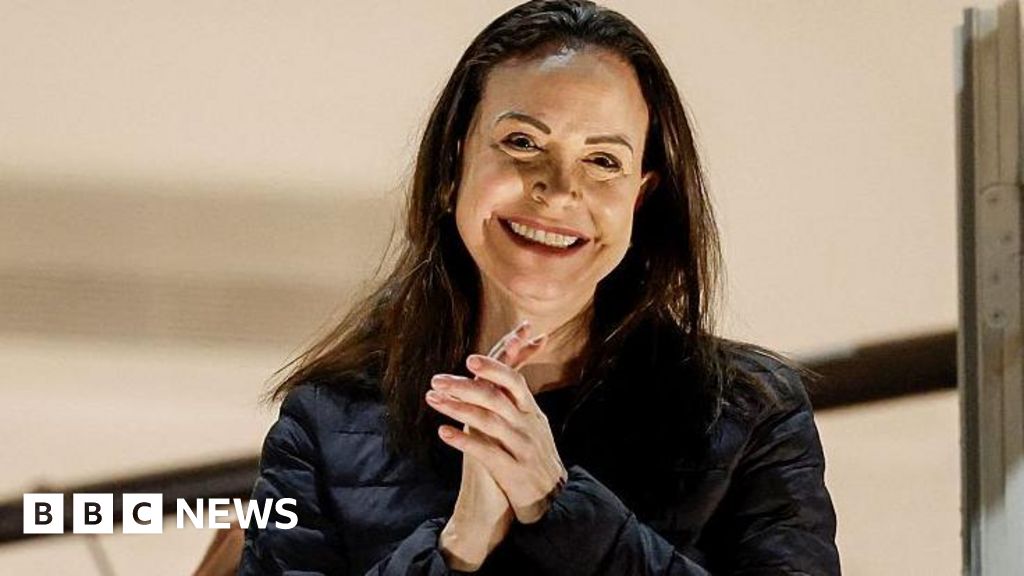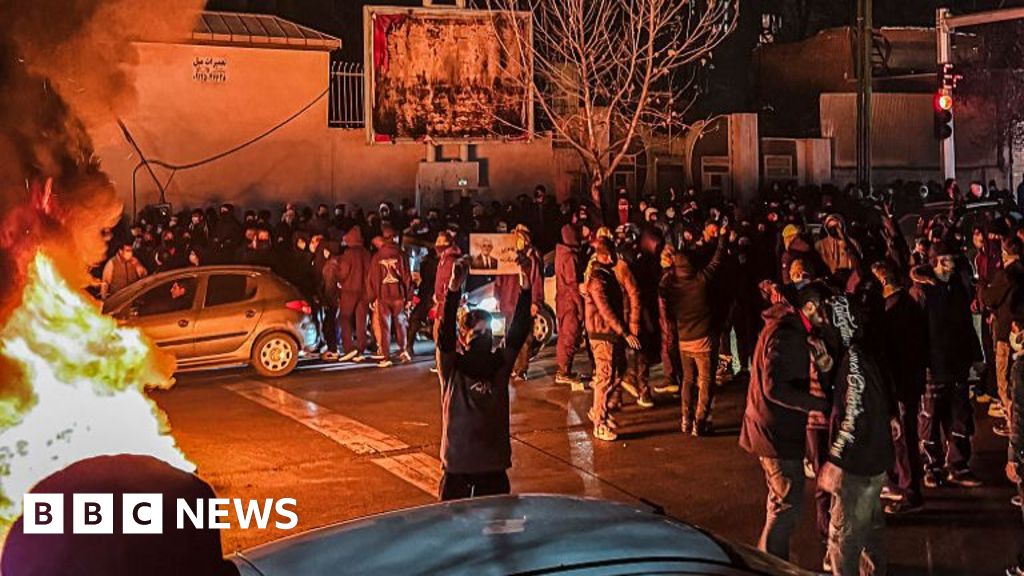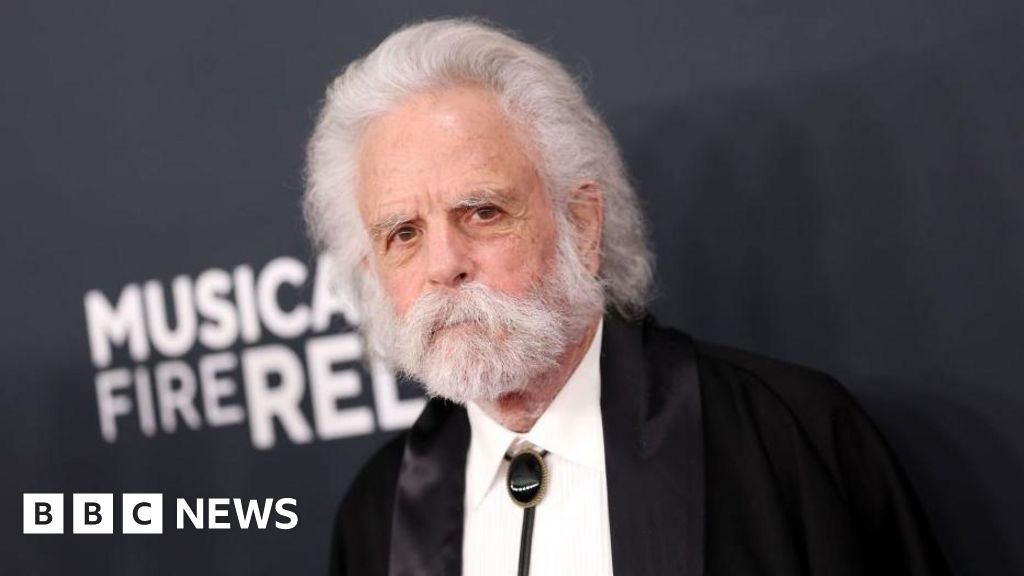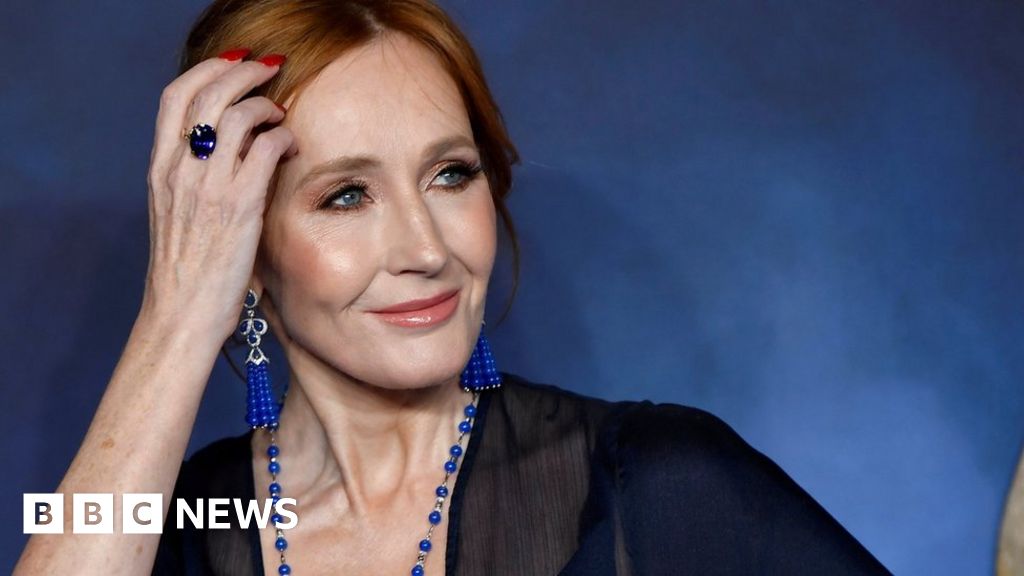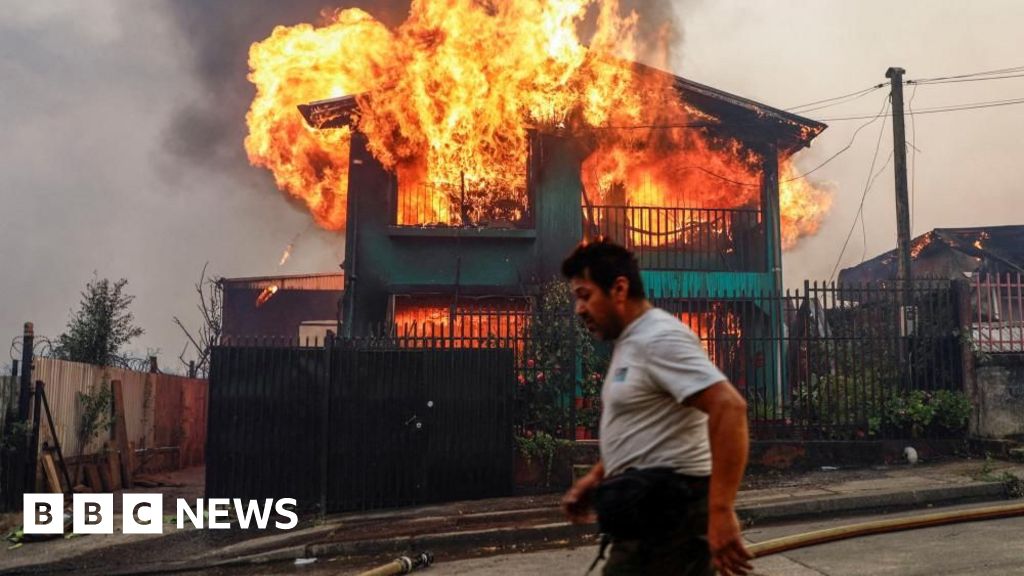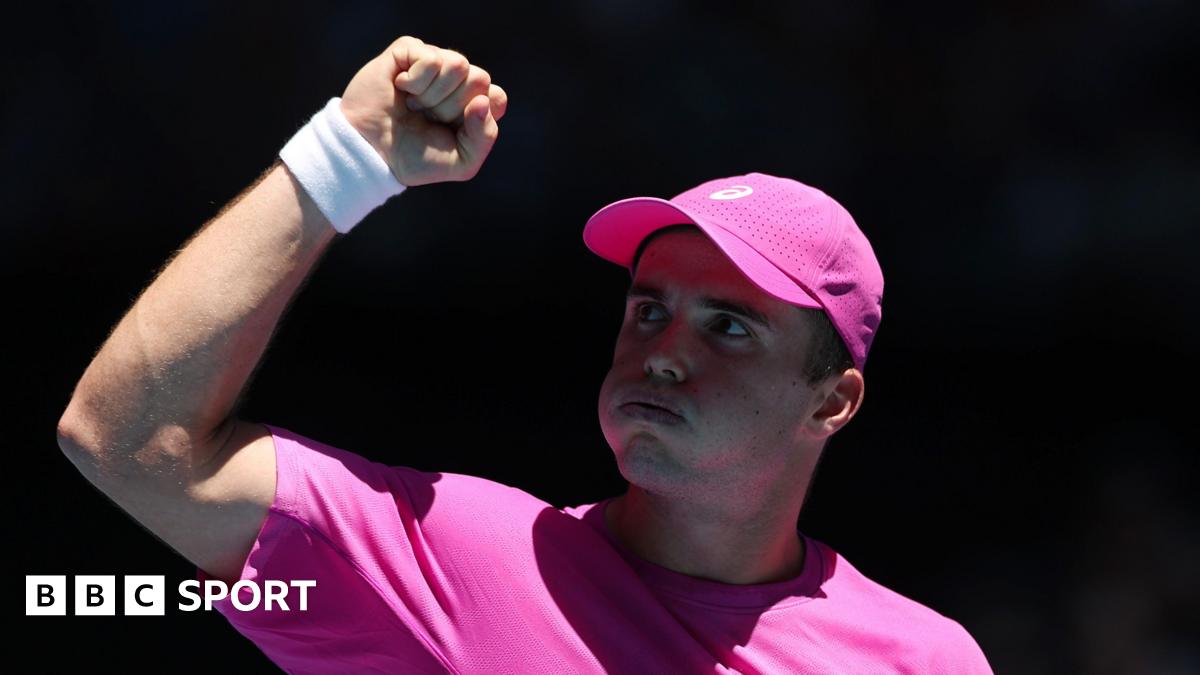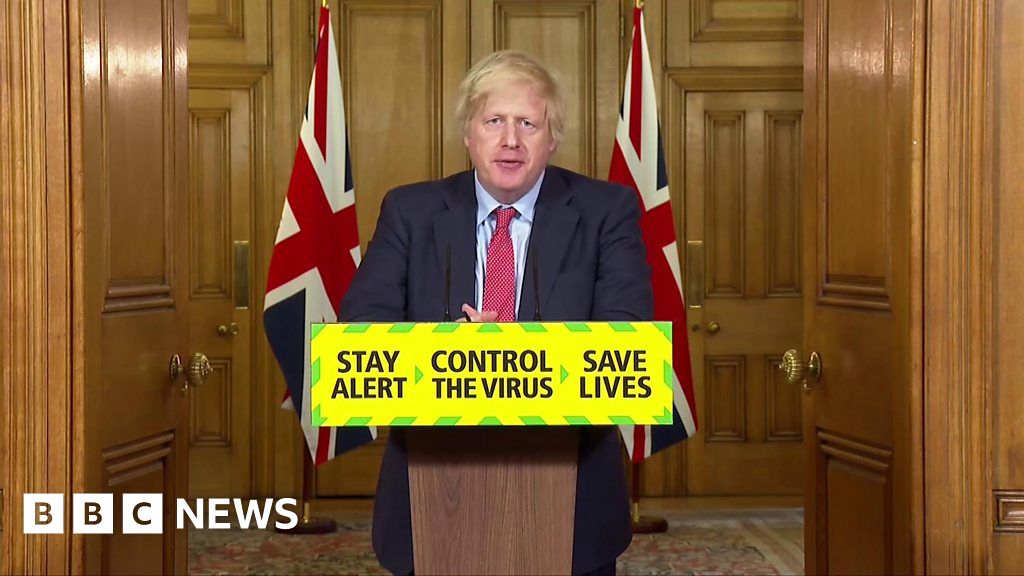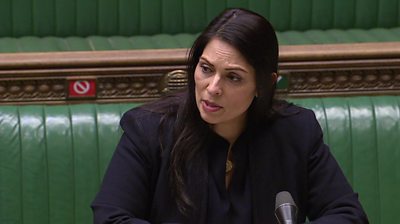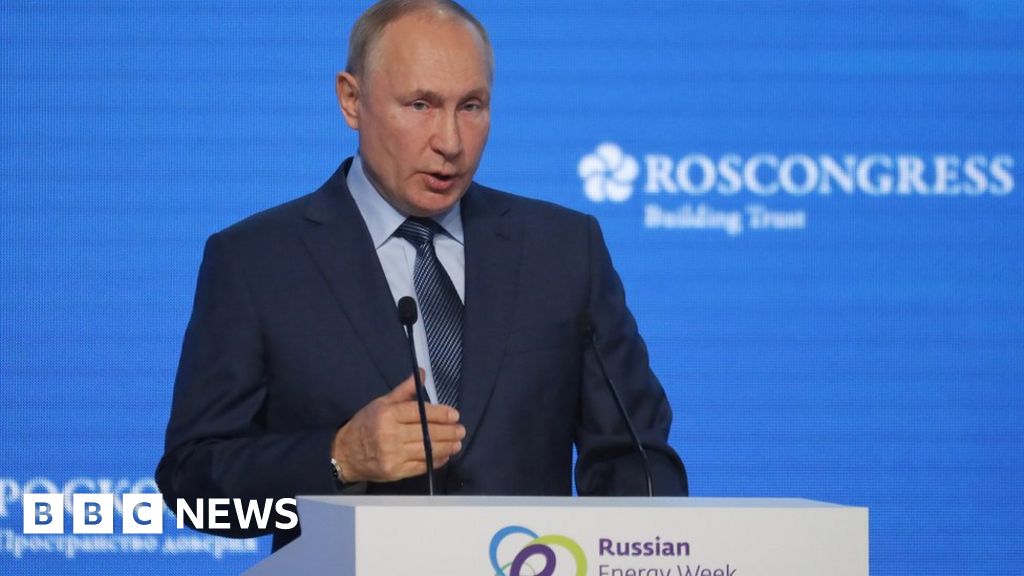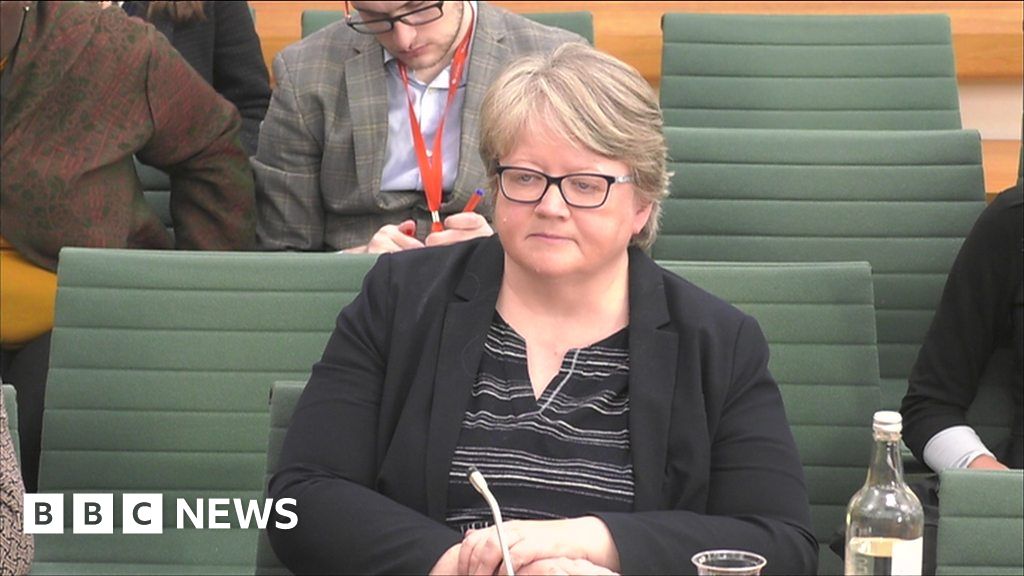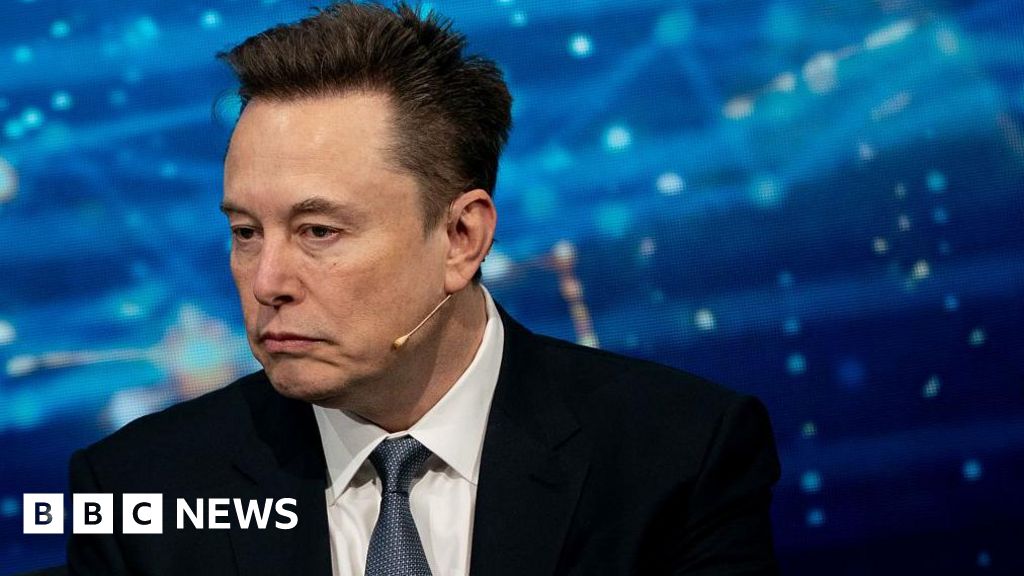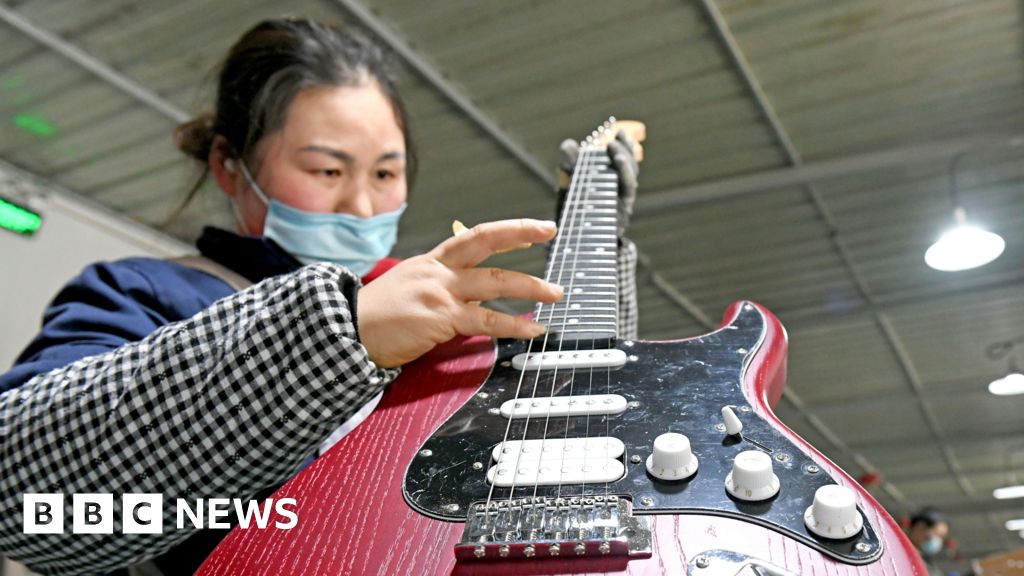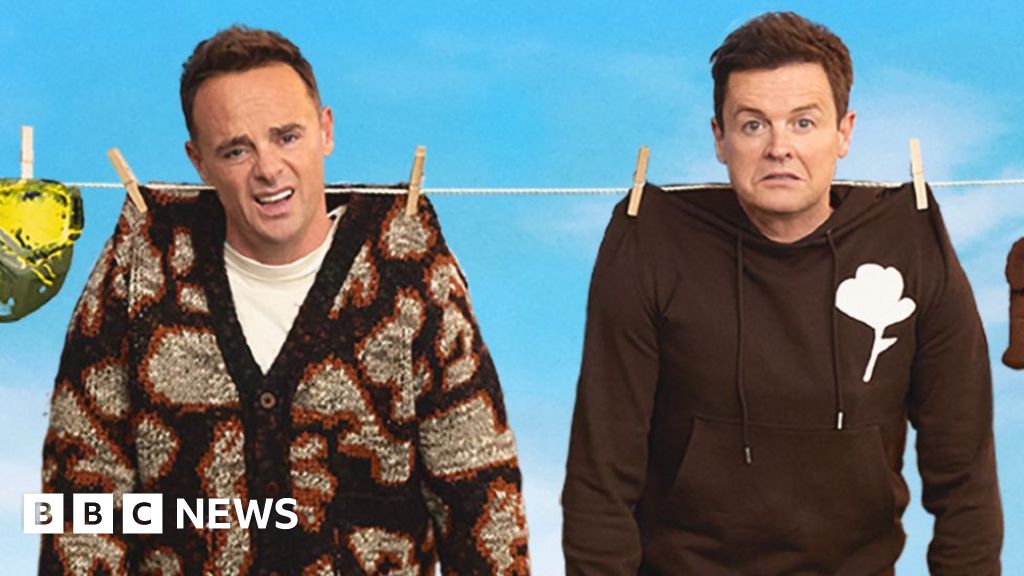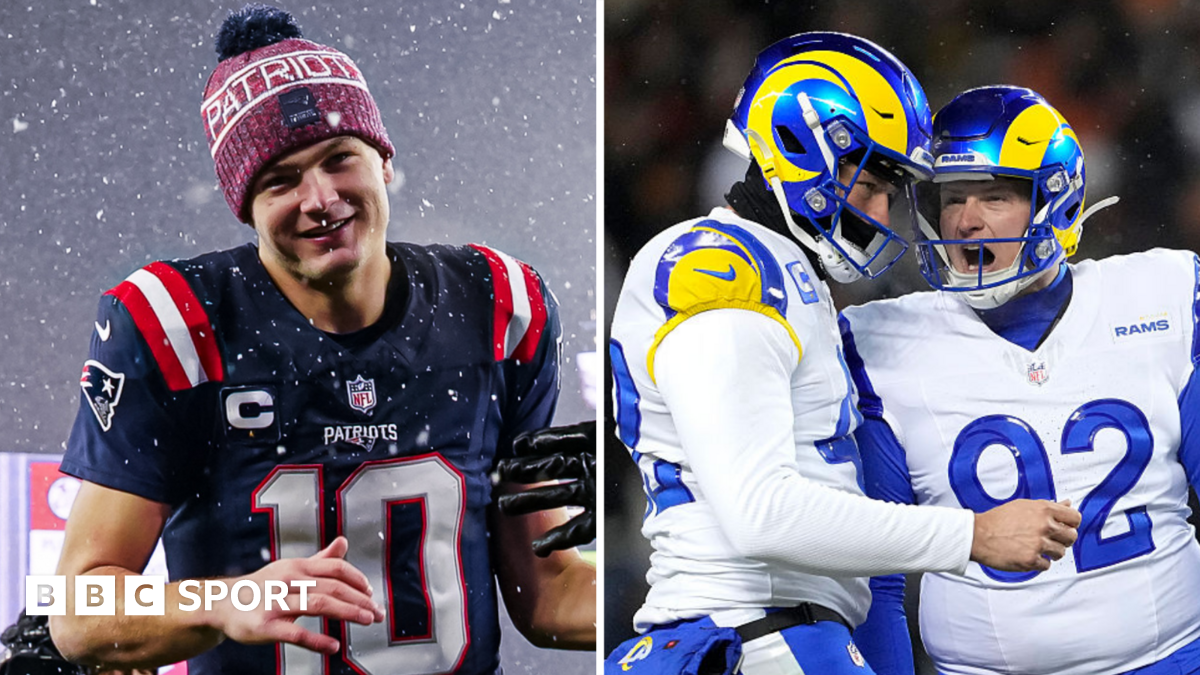Image copyright
Reuters
JK Rowling has said she spoke out about transgender issues in part due to her personal experience of domestic abuse and sexual assault.
The Harry Potter author addressed criticism of her response to an article that described “people who menstruate”.
In a lengthy blog, she wrote her interest in trans issues stemmed from being a survivor of abuse and having concerns around single-sex spaces.
Actor Daniel Radcliffe was among those critical of Ms Rowling’s comments.
In the blog post published on Wednesday, Rowling, 54, detailed what she said were the five reasons why she felt the need to talk about the issue.
These included her interest in “both education and safeguarding” and “freedom of speech”.
Explaining her final reason, she wrote: “I’ve been in the public eye now for over 20 years and have never talked publicly about being a domestic abuse and sexual assault survivor.
“This isn’t because I’m ashamed those things happened to me, but because they’re traumatic to revisit and remember.
“I also feel protective of my daughter from my first marriage. I didn’t want to claim sole ownership of a story that belongs to her, too.
“However, a short while ago, I asked her how she’d feel if I were publicly honest about that part of my life and she encouraged me to go ahead.
“I’m mentioning these things now not in an attempt to garner sympathy, but out of solidarity with the huge numbers of women who have histories like mine, who’ve been slurred as bigots for having concerns around single-sex spaces.”
Radcliffe, the star of the Harry Potter film series, and Eddie Redmayne, who leads the cast of the Fantastic Beasts movies, have both criticised Rowling for her comments about transgender issues.
Emma Watson, who played Hermione Granger in the Potter franchise, said: “Trans people are who they say they are and deserve to live their lives without being constantly questioned or told they aren’t who they say they are.”
Image copyright
Warner Bros
Eddie Redmayne has played Newt Scamander in two Fantastic Beasts films so far
The row began last weekend, after Rowling responded to a headline on an online article discussing “people who menstruate” by writing in a tweet: “I’m sure there used to be a word for those people. Someone help me out. Wumben? Wimpund? Woomud?”
Critics accused her of being transphobic, but Rowling said she stood by her comments, saying it “isn’t hate to speak the truth”.
“My life has been shaped by being female. I do not believe it’s hateful to say so,” she said.
“I know and love trans people, but erasing the concept of sex removes the ability of many to meaningfully discuss their lives.”
In December last year, the author voiced her support for a researcher who was sacked after tweeting that transgender people cannot change their biological sex.
‘Misogyny’
In the blog post on Wednesday, Rowling said she was motivated to address transgender issues through her Twitter account because of what she sees as an increasingly misogynistic society.
“We’re living through the most misogynistic period I’ve experienced,” she continued.
“Back in the 80s, I imagined that my future daughters, should I have any, would have it far better than I ever did, but between the backlash against feminism and a porn-saturated online culture, I believe things have got significantly worse for girls.
“Never have I seen women denigrated and dehumanised to the extent they are now.”
Why is this such a fiercely debated topic?
Transgender people say they just want equal rights, but some groups believe that will lessen women’s rights.
A key differentiation is between the words “sex” and “gender”. Our sex, which is physical – male or female – is distinct from our gender, which is psychological and social.
“Women are oppressed on the basis of their biological sex, not their gender identity. There has to be a place for the female sex as a distinct group,” Stephanie Davies-Arai, who founded the Transgender Trend website – a place for parents to discuss trans issues, told BBC Radio 1’s Newsbeat.
This argument – the distinction between sex and gender – is refuted by some, including trans activist Julia Serano, who argues there are more than two discrete mutually exclusive sexes.
Instead, she argues sex is made up of a number of variable dimorphic traits – like chromosomes and reproductive organs – that sometimes align in a person and sometimes don’t.
Read more:
